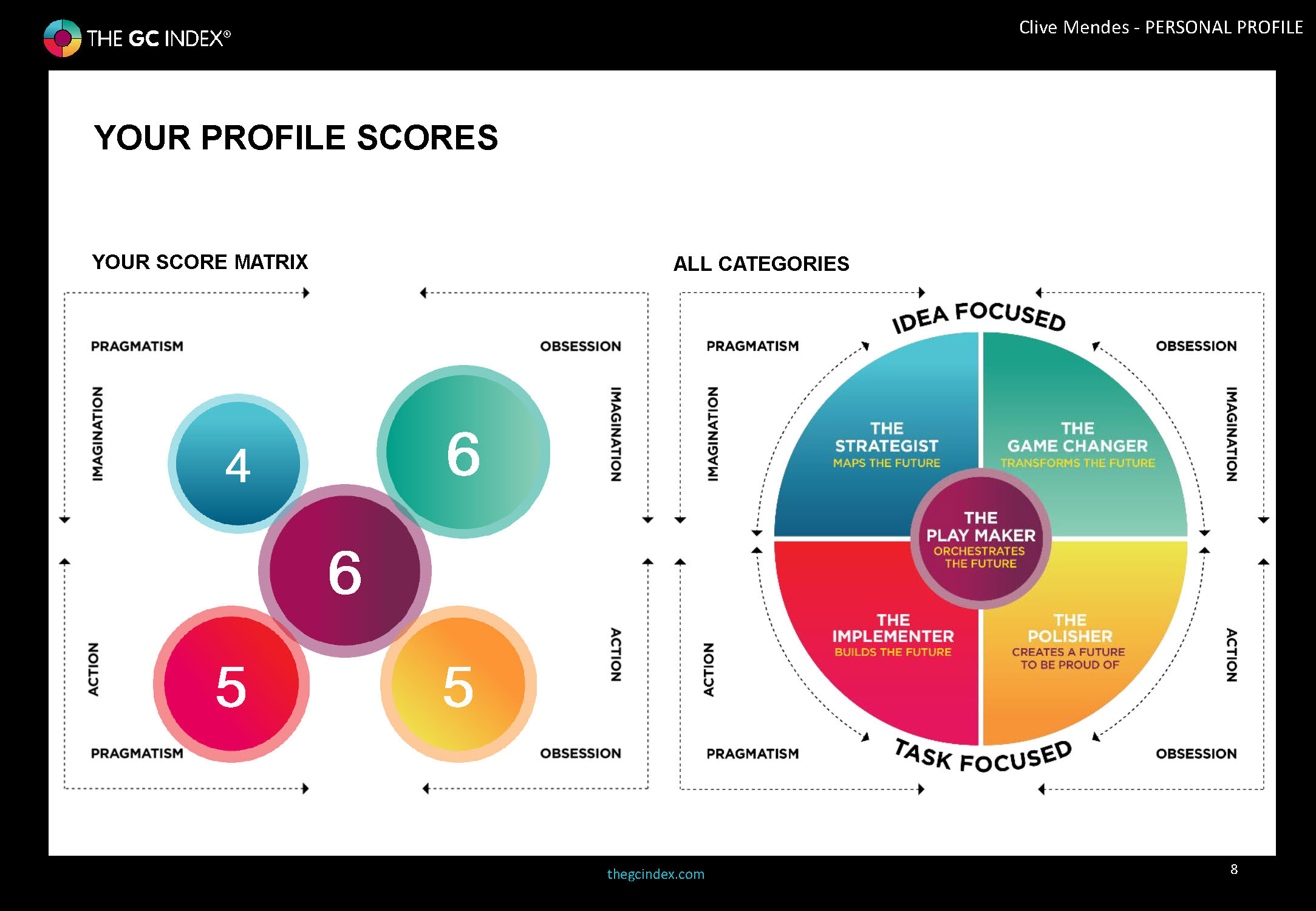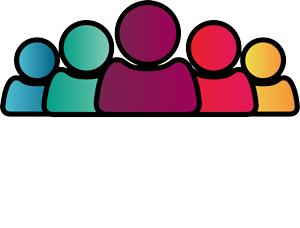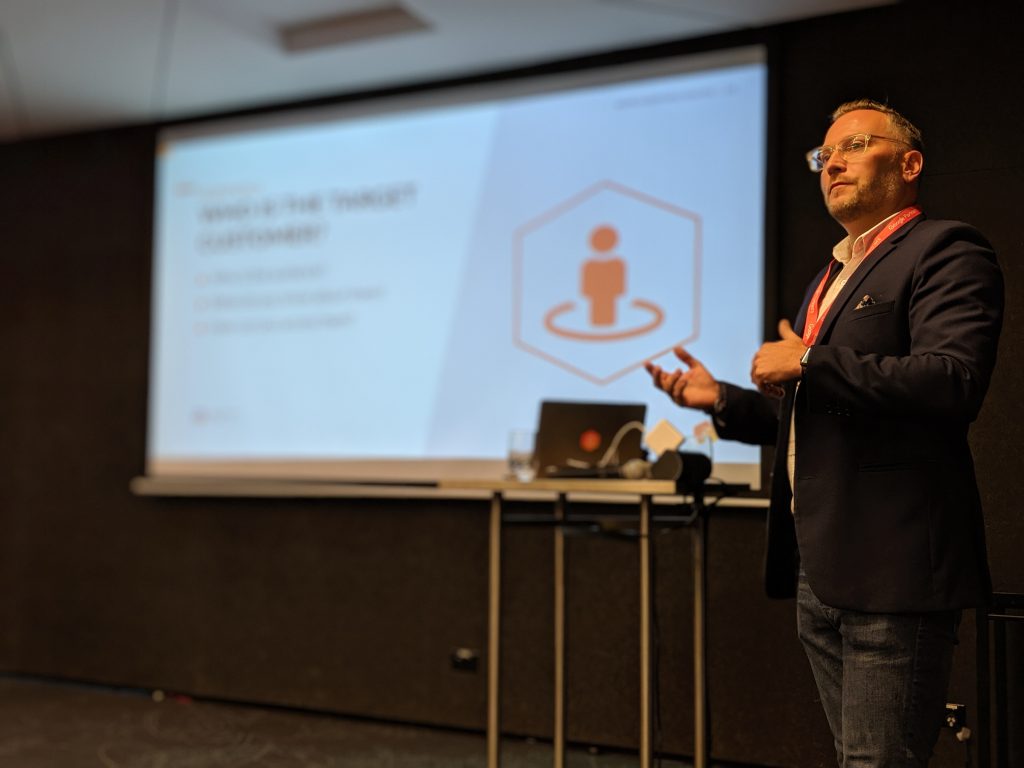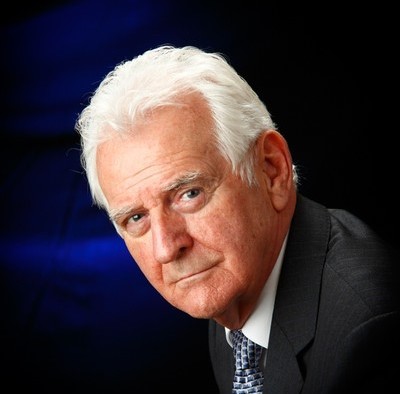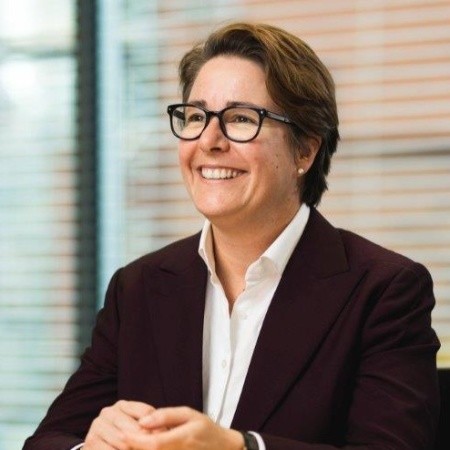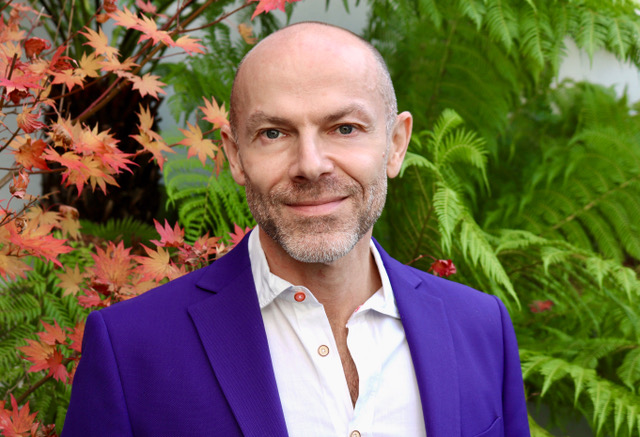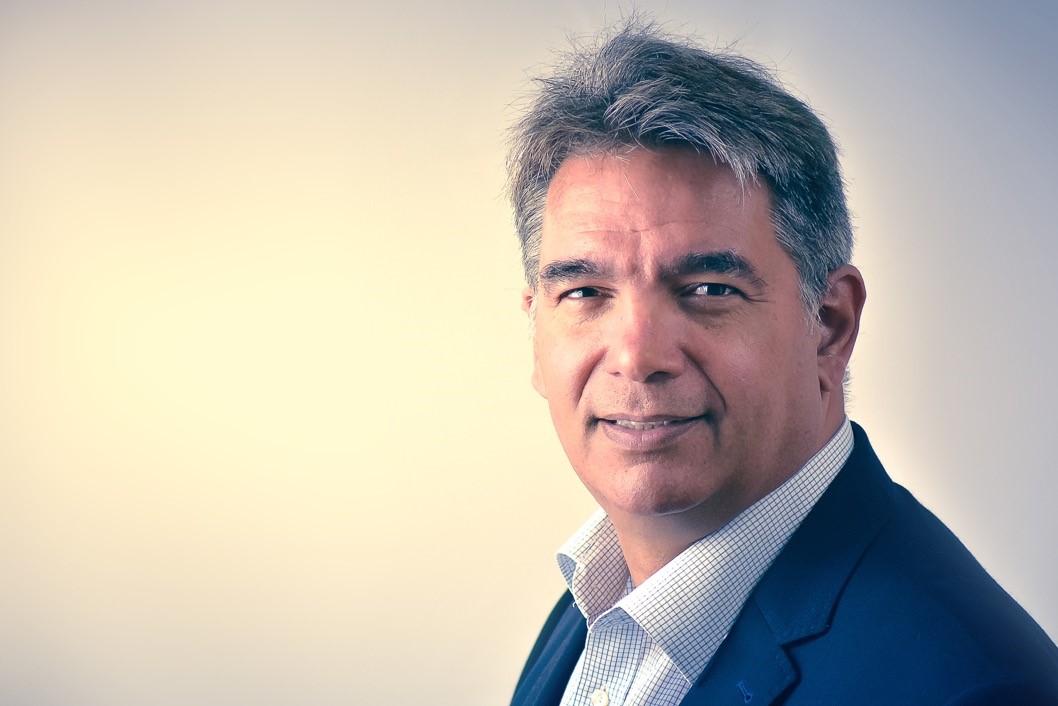
Non Exec Chairman
Go Mad Thinking
Game Changer/Play MakerClive is the Non Executive Chairman of Go Mad Thinking, a consulting firm in the UK. He also has his own consulting business and he helps customers in areas such as insurance, innovation in general and artificial intelligence.
Clive has worked all over the world. He started his career in Royal Insurance, now Royal Sun Alliance, in the international division. Whilst at Royal Insurance Clive started Royal Insurance in Italy, a direct insurance company that was highly successful. He was also the director of strategy for the group at a time when the company was going through a major change programme.
Clive's own business works typically with digital businesses developing and selling them on.
Clive says "I suppose on balance the main themes in my career are of management, I was a CEO from the age of 23 so I really know the ins and outs of managing companies and also I’m an entrepreneur so I have had the experience and skills to build companies up, transition them in size and sell them on so in those roles I’ve also, I’m very proud of this, I’ve brought a lot of disruption new ideas, involved new technologies and so forth and I think that’s made it particularly interesting for me. I think if you ask the people that work with me, I think they would say it has been an interesting time, a satisfying time for them as well".
You have had a successful career, what does your GC Index profile tell us about what underpins your success?
It was quite accurate. I scored fairly evenly in all the different quadrants, which makes sense. I’ve always felt I was an all rounder. I’m comfortable with strategy, good with implementing and I have a very very strong drive to create things that are exceptional. I think the report showed I have two strengths/preferences in innovation, in other words coming up with new ideas and also in playmaker, which is the central part of it. I’ve always felt that’s where my natural abilities lie the most. Its interesting that I’ve always viewed myself as an orchestrator. That’s the term I use because I felt like a conductor of an orchestra that brings all of the forces together to create an amazing work of art. I suppose to extend the simile I could, if I wanted to I could write the music if I really needed to I could even play it. I could do all of these various roles but there are people who are better than me at doing all those different things so the added value I have is the ability to first of all find the talent, the dream team. Bring them together and then push them so they do behave as a team and achieve something that’s beyond what they thought was possible. It can be tense process in some ways but for the right people it creates a work of art and I look at the creation of a company as a work of art and we make that happen. We deliver the performance and we then all share in that applause. I’ve been lucky to do that on more than one occasion in my career. I think the results for the people I work with and work for speak for themselves.
What did you learn about yourself and or the impact you make by viewing this through the GC Index lens?
It was confirmation of something that I’ve always felt but I’ve never articulated or even needed to articulate before. It did confirm my strength as an idea generator, someone who creates things. I’ve always seen myself as a creator. I’ve tended to apply or thought of myself as applying a system to that creativity, being inspired by other ideas taking an idea from one country or one industry. Stressing it and mixing them together and coming out with something completely ne.
I think the Index has shown that actually that skill in itself is highly priced and not available to everybody so that’s been interesting, that ability to synthesise ideas. I’m very open to ideas from any subject, any industry and I very rapidly move into a kind of fantasy world where I can start to play with these ideas in my mind, push the envelope on them, ask any number of questions about the possibilities. This I understand can be a little bit stressful for some people so I do have to manage that. Its also confirmed my skill and ability in getting things done to an exceptional standard with other people. I think that’s a very fair representation and I shall continue to do that. The report does suggest though that there are a couple of areas that I might want to improve. Possibly I’ve become a bit lax or complacent and other places where I should probably push myself out of my comfort zone. Aging that’s very fair. Its possible that I’ve already thought things through to the ‘n’th degree and understood what’s possible and not possible at least in my mind I need to give people the time so that they can follow along, that they can join in and make it their own so perhaps I’m a little too quick in expecting people to always follow at my pace so that’s definitely something I need to bear in mind going forward.
I think the Index has shown that actually that skill in itself is highly priced and not available to everybody so that’s been interesting, that ability to synthesise ideas. I’m very open to ideas from any subject, any industry and I very rapidly move into a kind of fantasy world where I can start to play with these ideas in my mind, push the envelope on them, ask any number of questions about the possibilities. This I understand can be a little bit stressful for some people so I do have to manage that. Its also confirmed my skill and ability in getting things done to an exceptional standard with other people. I think that’s a very fair representation and I shall continue to do that. The report does suggest though that there are a couple of areas that I might want to improve. Possibly I’ve become a bit lax or complacent and other places where I should probably push myself out of my comfort zone. Aging that’s very fair. Its possible that I’ve already thought things through to the ‘n’th degree and understood what’s possible and not possible at least in my mind I need to give people the time so that they can follow along, that they can join in and make it their own so perhaps I’m a little too quick in expecting people to always follow at my pace so that’s definitely something I need to bear in mind going forward.
When have your felt, in your career, that your role was most ‘in tune’ with your proclivities?
I’m an optimistic person so I think I’m pretty happy with the choices I’ve made, the direction my career has gone. I think there is one exception though that stands out and that’s the creation of Royal Insurance in Italy. It was the first time that I had the opportunity to create a company at all but also I was given free rein to incorporate my own ides in that design and what came out of it was something that was really quite exceptional, very adapted to its environment and able to change with the times but it pushed the envelope in many ways and was loved by customers, loved by staff and producing amazing results. There’s too many areas of innovation to list here. I’ll give you a couple. It was very orientated towards customer service so we did things like open 7 days a week which may not sound impressive but that’s unheard of even today in continental Europe, certainly for an insurance company. Staff would also wear uniform so really uniform level. The idea was to deliver uniform customer service all the time and customer service, customer satisfaction was precisely what the business was about. Everything was designed to make customers very happy because that was the area I felt that the traditional insurance companies in Italy had no way of competing on. They could eventually match us on our data which was one of the areas we really innovated in. It was really a first artificial intelligence type setup that we worked out with big data. I felt that they would get there eventually, and they have but customer service was our territory. Nobody could get near it. Customers loved it. It resonated with them and as we grew and started to really accelerate, I introduced our customer charter that was really really precise. If we messed up, didn’t meet the standards that we’d set then we’d pay the customers a penalty for that. They didn’t have to ask for it, they got it. We didn’t pay many, thankfully but it was very useful because as soon as you started to see some penalties go out we knew that’s an areas we need to fix and we did that. As I said customers loved it. They actually said our standards were too good but we didn’t let up with that at all. Finally, I’ll just mention technical innovation. We were the first company that I know of in the world to sell insurance from start to finish by internet and it gave us a tremendous commercial advantage. It cost far less to administer, people liked it, it opened up doors so that we could distribute to banks or non traditional suppliers like supermarkets, car dealers. Everybody wanted to be involved with Royal in some way because we were that good. It just opened up tremendous opportunities.
There’s an awful lot to be said but there isnt time here but if anyone is interested id recommend the book ‘market busters’ published by Harvard University Press, written by two professors one from Wharton, one from Columbia. They feature a full case study of Royal Insurance and the story and I must say as the founder and manager (CEO) of Royal, its very interesting to see how top academic minds dissect and analyse the work that we’ve done so very proud of that achievement.
There’s an awful lot to be said but there isnt time here but if anyone is interested id recommend the book ‘market busters’ published by Harvard University Press, written by two professors one from Wharton, one from Columbia. They feature a full case study of Royal Insurance and the story and I must say as the founder and manager (CEO) of Royal, its very interesting to see how top academic minds dissect and analyse the work that we’ve done so very proud of that achievement.
Who do you like to have around you, people who complement your proclivities and get the best from you?
I like to have specialists around me, intelligent people who also are self starters who get the idea, can get on board with it and push forward by themselves. Not that they’re abandoned of course. I don’t mind what personality people have; I’m broad minded in that respect. They can be extrovert, introvert, big picture, focused on the nushi it doenst matter but the point is they have to be open minded. Open to new ideas, willing to develop those ideas. They don’t have to be optimists. Pessimists can play an important role in a team. I feel you need a balance of people but the open mindedness is what is really quite important. I don’t get on particularly well with pomposity and formality. I don’t find it helpful. I think its a sigh of insecurity and that’s not very helpful but at the same time I don’t want craziness. A bit of fun but serious and professional when it comes to getting the job done, I think is the best way. Something really important is the ability to tell and hear the truth. If people aren’t willing to do either of these things, as a team we run the risk of getting into difficulties, not being able to deal with it so we need to know what’s going on and deal with it rationally, professionally and in a solution focussed way so not dwelling on the past or errors. Understanding them of course but moving forwards that becomes a very positive way of dealing with set backs.
Essentially I’m looking for – I enjoy high IQ people, high EQ people in my management team. I set the team up so in our roles we tend to work consensus. We set the goals. Each person agrees those goals with their team mates, with the management team and we hold each other accountable and in a very non silo like thing. Everybody’s business is everybody’s business because we’re all in this together so a very positive way of working. Most people will be comfortable with that. If people have difficulties they’re not abandoned. I’m more than happy to help them. In many ways I personally make sure they get the right help. I also enjoy identifying junior people or people coming up in their career, giving them an opportunity – coach them into success and a lot of these shall we say graduates are now all around different companies around the world making an impact. That makes me very very proud. The team is central to the success, bringing the right mixture of people, making sure that the positive attitude is there, encouraging each other incentivising each other to do better than any of us expected. That’s where the outstanding results come from and that’s the kind of unit I like to create and work with.
Essentially I’m looking for – I enjoy high IQ people, high EQ people in my management team. I set the team up so in our roles we tend to work consensus. We set the goals. Each person agrees those goals with their team mates, with the management team and we hold each other accountable and in a very non silo like thing. Everybody’s business is everybody’s business because we’re all in this together so a very positive way of working. Most people will be comfortable with that. If people have difficulties they’re not abandoned. I’m more than happy to help them. In many ways I personally make sure they get the right help. I also enjoy identifying junior people or people coming up in their career, giving them an opportunity – coach them into success and a lot of these shall we say graduates are now all around different companies around the world making an impact. That makes me very very proud. The team is central to the success, bringing the right mixture of people, making sure that the positive attitude is there, encouraging each other incentivising each other to do better than any of us expected. That’s where the outstanding results come from and that’s the kind of unit I like to create and work with.
In what way will the GC Index inform your future direction or the way you might operate?
The report has definitely made me more aware of my strengths and I’ll definitely be managing more consciously based on this profile. I’ll also make sure that the people I work with are introduced to this profile. I think it could be useful for them and useful to the team as a whole so that we can find the most effective way of working together. I have mentioned before that there’s some personal attributes that I will be working on and the report is very handy in that respects as its given me a lot of areas I can study and I can start to think about how I can do better. One of the most impactful things is that I can actually use the terms. I use them now. I label myself in this way when I meet new people, when I introduce myself as a gamechanger so you’ll find it on my website, you’ll find it on my LinkedIn profile and also orchestrator – people get it, they understand what it means. They find it curious and amusing and it’s led to some interesting conversations.
Interviewed by – The GC Index

